Restoration of the Barvue mine
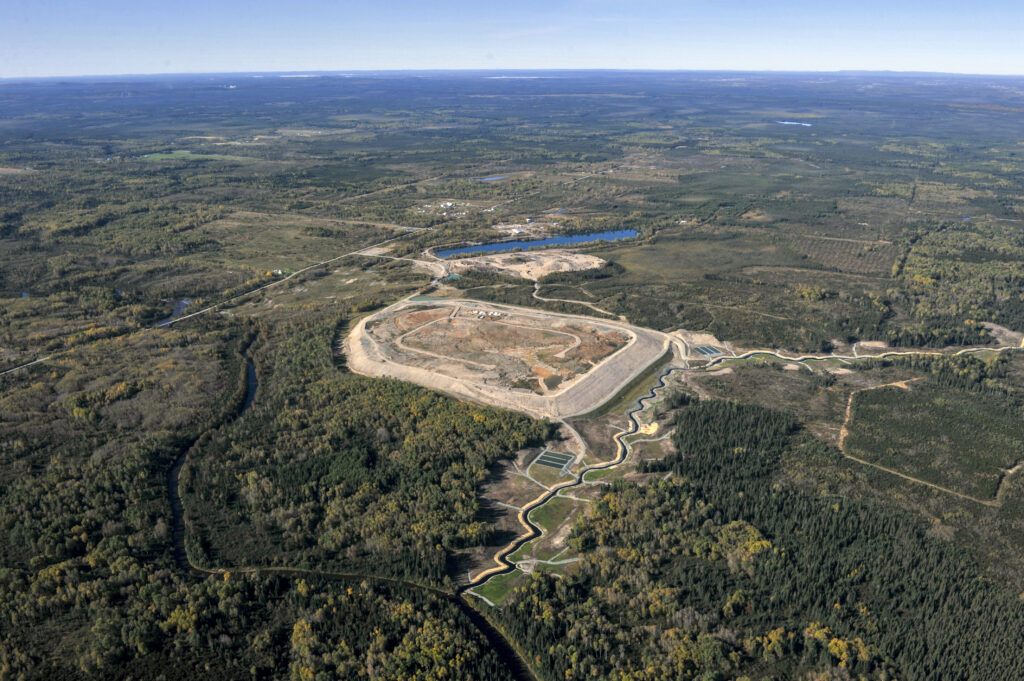
Our eco-engineering team was mandated to undertake a series of essential actions to re-establish the ecological balance.
The agri-food: a sector where quality is at the heart of every stage in the production and distribution chain
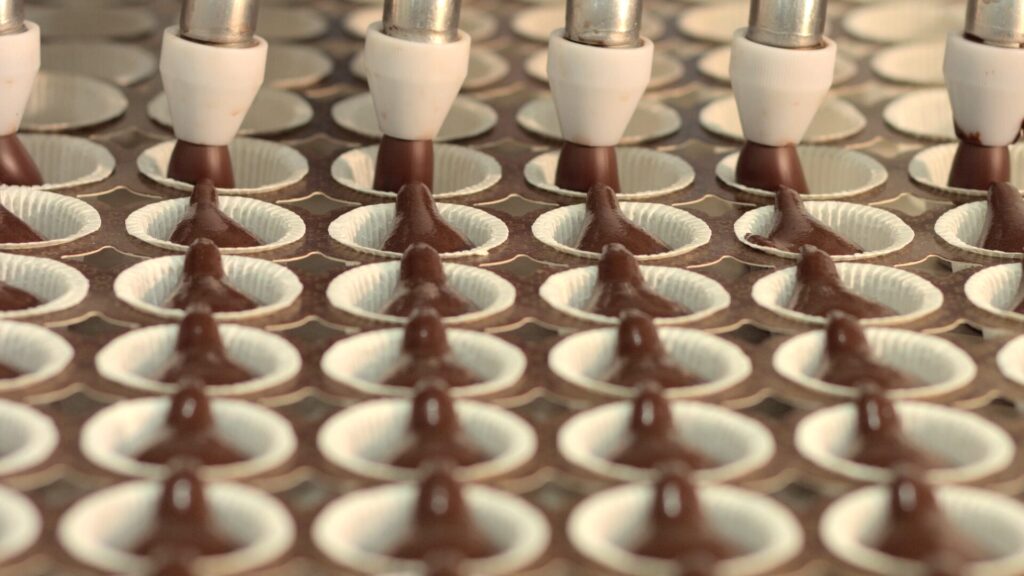
Complete solutions including design studies, purchasing, equipment acceptance, installation follow-up and project commissioning.
The mechanical engineering : the field where design meets innovation
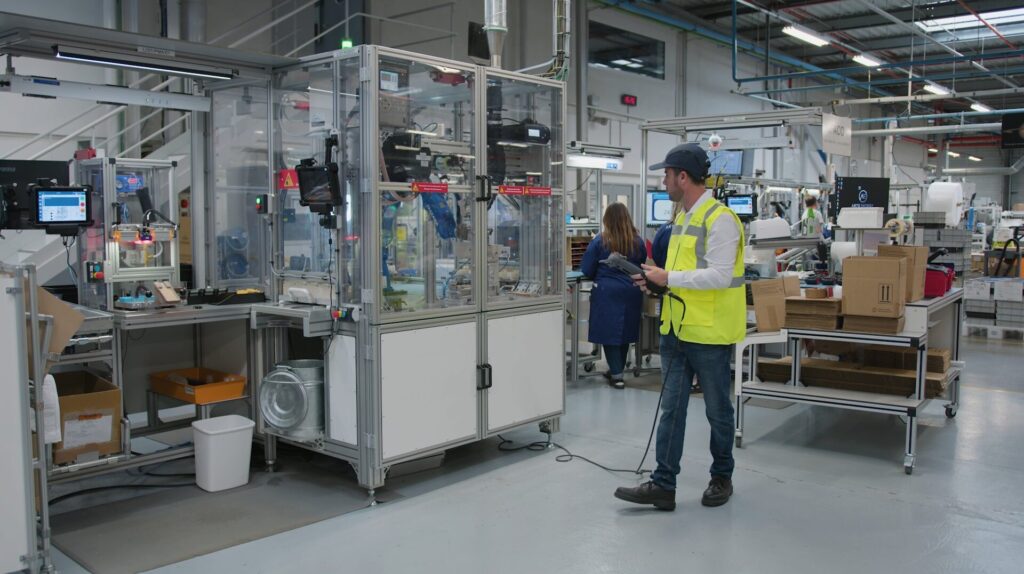
Depuis plus de vingt-cinq ans, Artelia conçoit et réalise des solutions optimisées, adaptées aux spécificités des projets industriels de ses clients. Le Groupe intervient dans une large gamme de secteurs tels que l’aéronautique, le spatial, l’automobile, le ferroviaire, le naval, la défense, les énergies renouvelables, le nucléaire, la sidérurgie, la pétrochimie de l’agroalimentaire.
Decarbonizing the industry
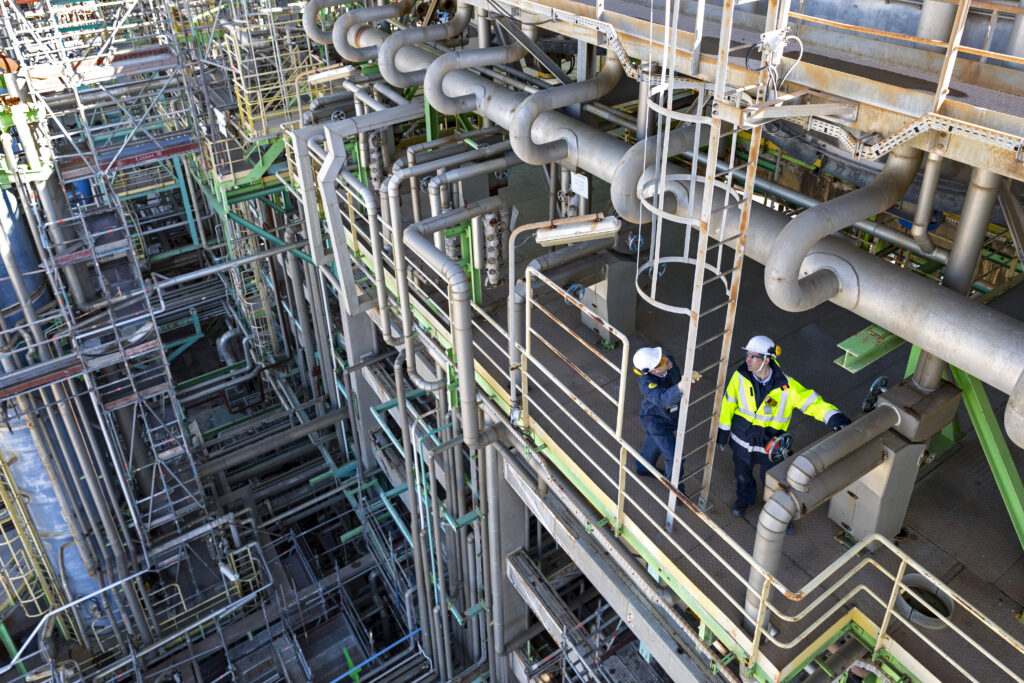
The demand for goods, equipment, and energy has increased in line with the growth of the global population and the aspiration of most populations to have a high level of comfort and service. This demand is met by an industrialized and globalized production system that heavily relies on hydrocarbons and coal. As a major contributor to greenhouse gas (GHG) emissions, the industry is targeted by policies aimed at reducing carbon footprint caused by human activities. The industry faces a dual challenge: decarbonizing its production processes and transitioning manufacturing towards low-carbon products capable of contributing to the overall GHG emissions reduction.
Romain Allais, one of Artelia’s specialists in industrial decarbonization, presents the several levers currently being activated or considered to drive this change.
ArcelorMittal Mardyck
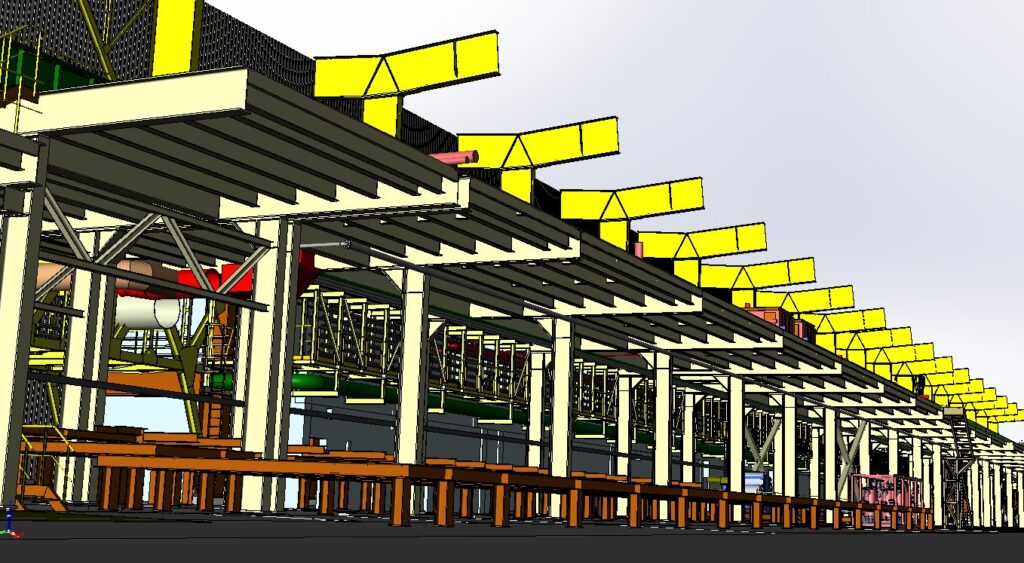
Creation of an electrical steel production unit
Healthcare sovereignty and pharmaceutical manufacturing
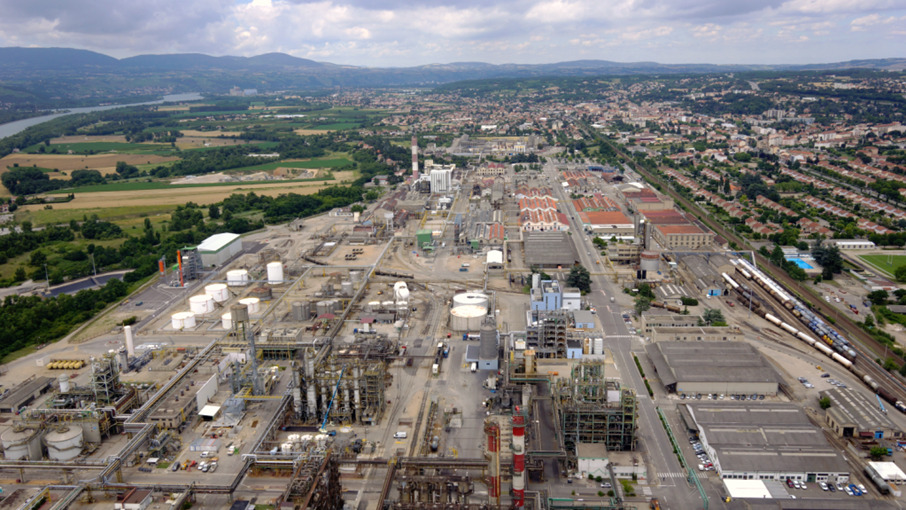
The Covid-19 pandemic of 2020 revealed the extent to which European nations depend on imports of medicines and the active pharmaceutical ingredients essential to their manufacture. The issue of healthcare sovereignty was thus raised once again at an EU level and a number of member states declared their desire to secure their supplies of medicines, in particular by relocating industrial production and boosting their domestic capabilities. David Papillon, who is overseeing for Artelia the design of the Seqens paracetamol plant in Roussillon (SE France), tells us what he has learned about this new movement taking shape in France.
STMicroelectronics Crolles
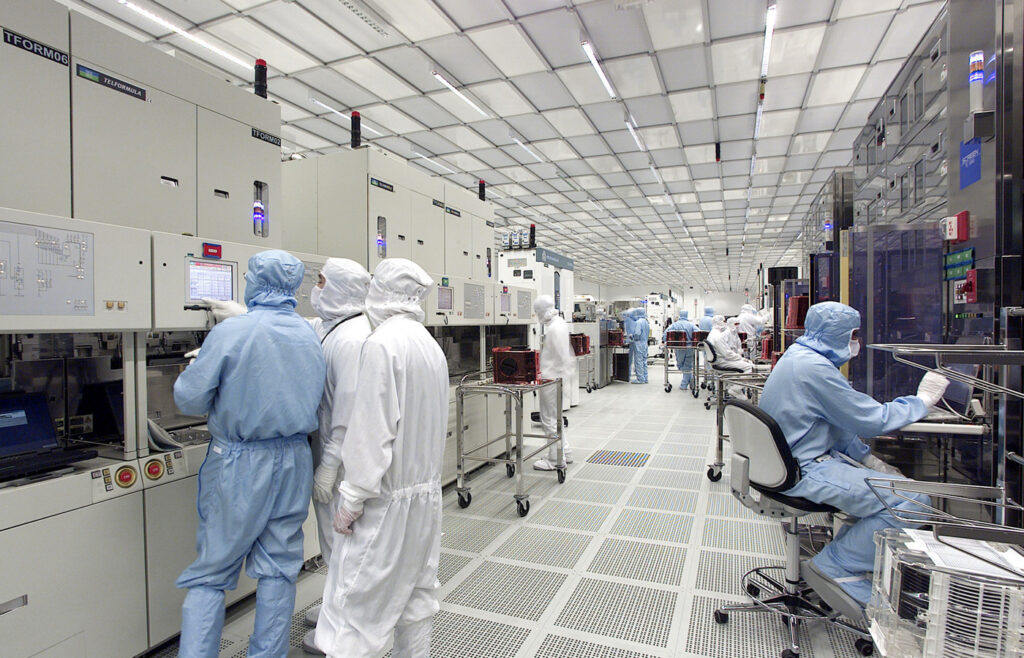
Expansion of electronic chip manufacturing capacity
Soitec Bernin
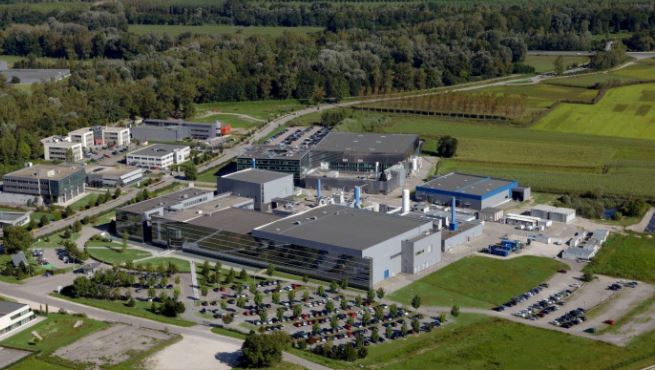
Extension d’une usine de fabrication de matériaux semi-conducteurs
STMicroelectronics Bouskoura
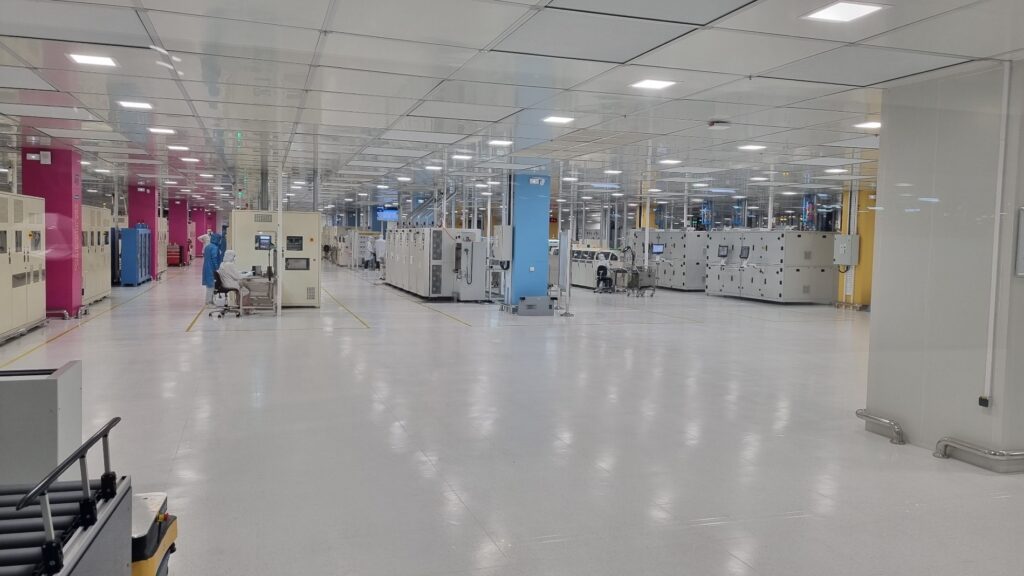
Expansion of chip manufacturing and test capabilities
Safran Nacelles
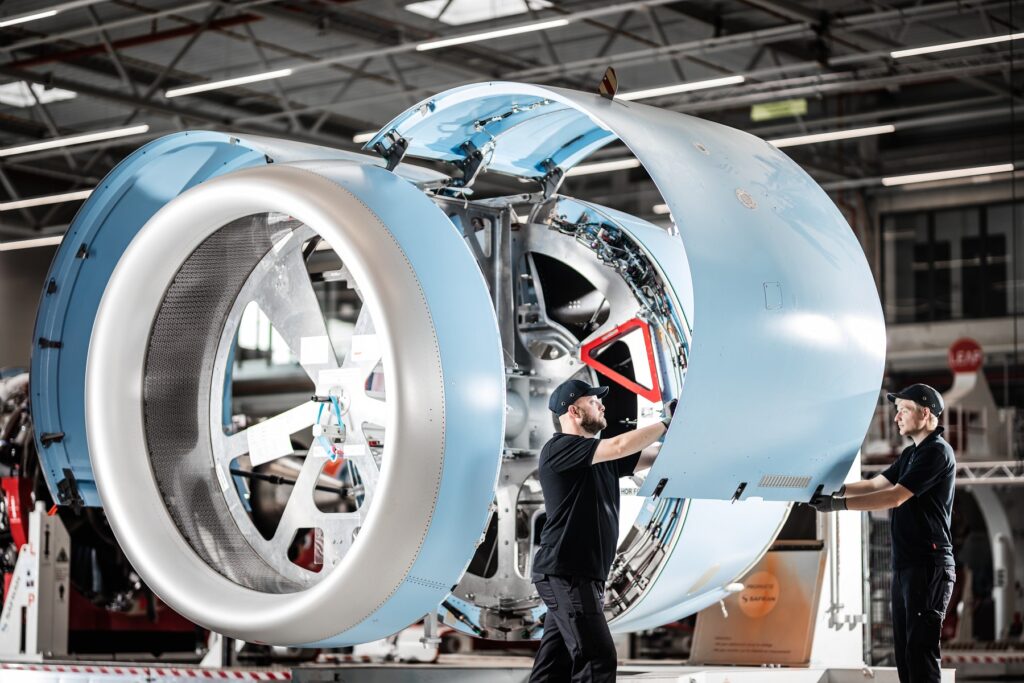
Turnkey tooling for the aerospace industry

